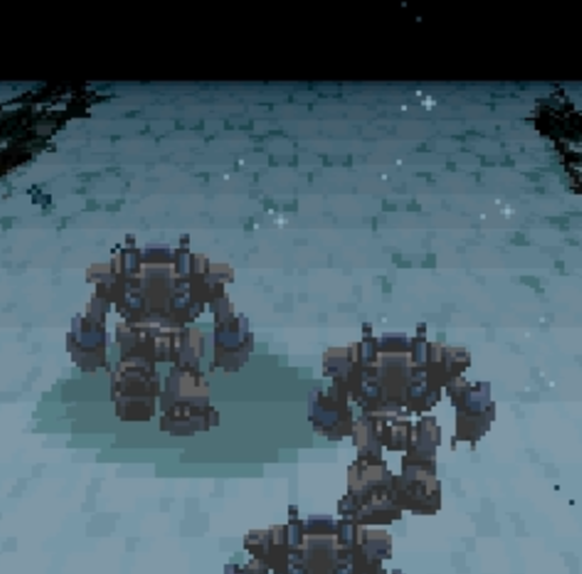At one point in my life I remember writing myself a certain letter. It was a school assignment for a middle school journalism class. The letters were to contain the hopes and dreams about what career I wanted to have when I graduated high school—a daunting thought for someone new to the area on top of being in the eighth grade—and what role the things I learned in the journalism class would play.
Based on how high school went for me, you can debate whether or not I had actually learned anything from the class, but I really did. It was a turning point in how I viewed interacting with other people, although it probably wasn’t the revelation that others at that age had.
From interviewing students and faculty at the school for various articles and briefs that compiled the monthly student newsletter, I learned that keeping interviews short was the most gracious of acts that a reporter could perform. It seemed no one wanted to talk about anything that was going on, even if I was writing about the losing season our school American handegg team had.
Well, either that or no one wanted to talk to me—which, in high school, I would learn to be the case.
On the other hand, keeping interviews short also meant that I would rarely have the best information to use for penning the details on why the school handegg team’s season was not successful. I would have to use a journalistic-styled narrative to cover the fact that my interview was lacking quite a bit of information—a skill that seems to be in great use in college report writing.
Even if the narrative I provided was true, the same information could be relayed by someone familiar with the matter who would also be able to articulate the information in a way that would keep readers that might have even the slightest idea about common practices or terminology reading my article.
Not even that, if I was writing an article in overview of the league that the school’s handegg team participated in, my article would have zero credibility if I didn’t question someone who had some sort of reputation in the organization, like the head coach, a team captain or a key playmaker.
While there are certainly those whose opinions can shape the tone and direction of esports inside its certain communities, I haven’t really found a lot of dedicated journalists to the esports scene who really seem to take the time to throughly interview esports celebrities, managers and players.
Most of these real steps forward (in the English speaking community that I’ve discovered) seem to be from podcasts with panels of rather important and influential figures. News articles that get any sort of publication don’t come from the community—they come from established media.
The DJWheats and the Day[9]s of the community already have their voices heard, but what about other gamers who have some passion about the esports scene? Short of investing thousands of dollars and sacrificing what most might call a social life to be able to shoutcast/stream games, how can someone that wants to contribute do so?
When I mean contribute, I mean going beyond using the #esports hashtag when you tweet about something in general or commenting on videos from other players, or even donating to a podcast to keep their content free.
Contributing is digging down to where the players who are competing in tournaments and events are and asking them questions. It’s about making original content and doing something out of the box when it comes to coverage. It means being eloquent when it comes to defending your controversial position.
It takes hard work.
All in all, I’d very much like to execute what I just suggested were contributions, but I have doubts. This isn’t the school newspaper anymore; I can’t simply walk down the street to find a gamer that wants to comment on IEM dropping Quake Live from competition or to investigate how world-class players feel about a particularly controversial league decision.
It takes hard work.
Even where opinion is the primary focal point of any length of prose, there has to be facts or instances to back up your opinion. Stating that esports is on the way out because a player may or may not have commented on the lack of relevant cable programming might be acceptable for blogs that stir up rumors and feature hack journalists, but going in depth to find data that supports that particular claim of frustration in the esports community would give that article–not to mention its author–quite a bit more integrity, wouldn’t you agree?
It takes hard work.
More observation and opinion to come on this subject in due time.



